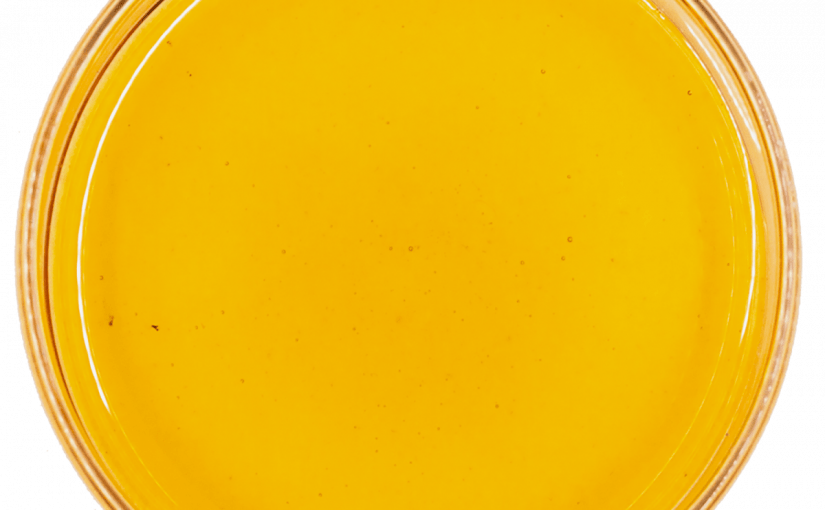There is a lot of debate in the CBD industry about terminology, and one of the most complicated is the use of the terms Full Spectrum Distillate and broad-spectrum. It is important to note that there is no official definition of broad and full-spectrum, leaving the criteria used to define them somewhat open to interpretation.For educational purposes, we’ll compare full-spectrum CBD distillates to broad-spectrum CBD distillates and discuss the advantages of each for manufacturers and consumers.
What Does the Cannabinoid Spectrum Entail?
Because each cannabinoid reacts differently with our endocannabinoid system, cannabigerol (CBG) behaves differently than cannabidiol (CBD). The cannabinoid spectrum is comprised of all 113+ cannabinoids.
The range of cannabinoids included in an extract or finished product typically determines the distinction between Full Spectrum Distillate and broad-spectrum. A “full-spectrum” label indicates that the product contains the entire range of compounds found in hemp plants (cannabinoids, terpenes, flavonoids, etc.), including the cannabinoid THC. However, due to the extremely low concentrations of some cannabinoids, detecting their presence can be difficult. This is where confirming the legitimacy of a product claiming a “Full Spectrum Distillate” distinction can be difficult.
Full-Spectrum: Advantages and Disadvantages
Full Spectrum Distillate products contain a wide range of compounds derived from the cannabis plant. Furthermore, because it is a whole-plant extract, it does not go through the refinement stages that broad spectrum and isolate do.
However, if the presence of THC is a concern for the manufacturer or the consumer, a Wholesale Full Spectrum CBD extract may not be the best option. Because of the presence of THC, these extracts may have psychoactive properties for some users, as well as the possibility of testing positive for THC consumption on drug tests.
THC inclusion introduces additional legal considerations for product manufacturers, as Wholesale Full Spectrum CBD products frequently test above the federally legal limit of 0.3 percent THC. Global brands may also encounter complications when distributing their products in international markets such as the United Kingdom, where the THC limit is 0.2 percent. We take legal compliance for our Full Spectrum CBD Wholesale customers very seriously at Bona Voluntate, which is why we guarantee that both our Wholesale Full Spectrum CBD and our Wholesale Full Spectrum CBD Compliant Distillate test at less than or equal to the federal limit of 0.3 percent THC.
Broad Spectrum – The same great benefits, but with less risk
Broad-spectrum distillates, on the other hand, fall somewhere in the middle of full-spectrum and isolate products. Our broad-spectrum products are defined by Bona Voluntate as cannabinoid-rich distillates that have had THC removed. The extraction process is similar to that of full-spectrum, but it is refined further to remove any psychoactive compounds. This ensures that the beneficial compounds that users love about full-spectrum distillates are present without the risks associated with high levels of THC.Our Full Spectrum CBD Wholesale can be relied on by both consumers and manufacturers to be compliant while still providing the benefits of a whole-plant extract.
So, which do I go with?
Because there is no industrially accepted definition for broad and full-spectrum, it is critical to ask Full Spectrum CBD Wholesale manufacturers how they define their products. Certainly, “0 percent THC Full Spectrum” Full Spectrum CBD Wholesale does not exist due to the process involved in creating each. Manufacturers who make this claim are, at best, misinformed, and, at worst, intentionally misleading their customers.
